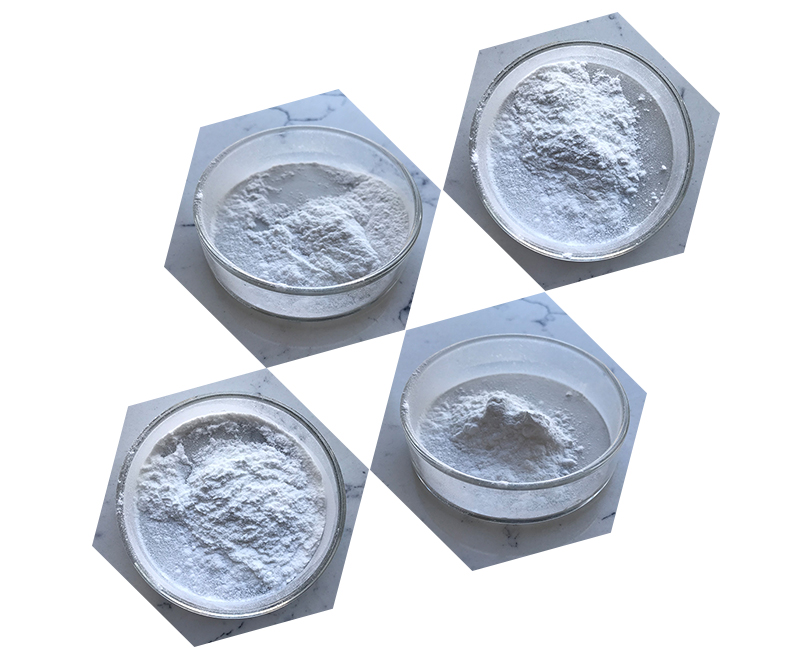DMSA stands for dimercaptosuccinic acid, which is a chemical compound used as a chelating agent in medicine. It has the ability to bind to heavy metals and facilitate their removal from the body, primarily through urine excretion. DMSA is often used in cases of heavy metal poisoning, particularly lead poisoning, as well as for diagnosing and monitoring certain kidney conditions.
In cases of lead poisoning, DMSA is administered as a treatment to help remove excess lead from the body. It forms stable complexes with lead ions, making it easier for the body to eliminate them. DMSA can be administered orally, which makes it a convenient option for treating lead poisoning, especially in children.

Additionally, DMSA can be used in kidney imaging procedures, particularly in nuclear medicine. A radioactive form of DMSA, known as technetium-99m DMSA, is used to assess the structure and function of the kidneys. This imaging technique helps diagnose various kidney conditions, such as renal scarring, infection, and other abnormalities.
It’s important to note that the use of DMSA should always be under the supervision and guidance of a qualified medical professional, as its administration and dosages need to be carefully determined based on individual patient needs and medical conditions.
How to use DMSA?
Dimercaptosuccinic acid (DMSA) is a chelating agent commonly used in medical settings to treat heavy metal poisoning, particularly lead poisoning. It binds to heavy metals and helps to remove them from the body through urine. It’s important to note that DMSA should only be used under the guidance and supervision of a qualified medical professional. Here’s a general overview of how DMSA is typically used:
1. Medical Evaluation: Before starting DMSA treatment, a thorough medical evaluation is necessary. This includes assessing the patient’s medical history, symptoms, and conducting relevant tests to determine the presence and extent of heavy metal poisoning.
2. Dosage and Administration: DMSA is available in oral capsule or liquid form. The dosage and administration schedule will depend on the severity of the heavy metal poisoning and the patient’s individual characteristics. It’s important to follow the dosage instructions provided by the prescribing doctor or healthcare provider.
3. Monitoring: During the course of treatment, the patient’s progress should be closely monitored. This may involve regular blood tests to measure heavy metal levels and kidney function. Adjustments to the dosage might be made based on these monitoring results.
4. Hydration: Staying adequately hydrated is important during DMSA treatment. This helps facilitate the excretion of heavy metals through urine and reduces the risk of kidney damage.
5. Side Effects: Like any medication, DMSA can have side effects. Common side effects might include gastrointestinal discomfort, nausea, vomiting, headaches, or allergic reactions. It’s important to report any unusual or severe side effects to the healthcare provider.
6. Duration of Treatment: The duration of DMSA treatment varies depending on the specific situation. Some patients might require a short course of treatment, while others with more severe heavy metal poisoning might need longer-term therapy.
7. Lifestyle Adjustments: In addition to DMSA treatment, lifestyle adjustments might be recommended to reduce further exposure to heavy metals. This could include changes in diet and avoiding environments with potential sources of heavy metal contamination.
8. Follow-up: After completing the DMSA treatment, follow-up appointments and tests may be scheduled to assess the effectiveness of the treatment and to ensure that heavy metal levels have decreased to safe levels.
It’s crucial to remember that DMSA should only be used under the supervision of a qualified medical professional. Self-medication or inappropriate use can lead to serious health risks. If you suspect heavy metal poisoning, seek medical attention promptly.
